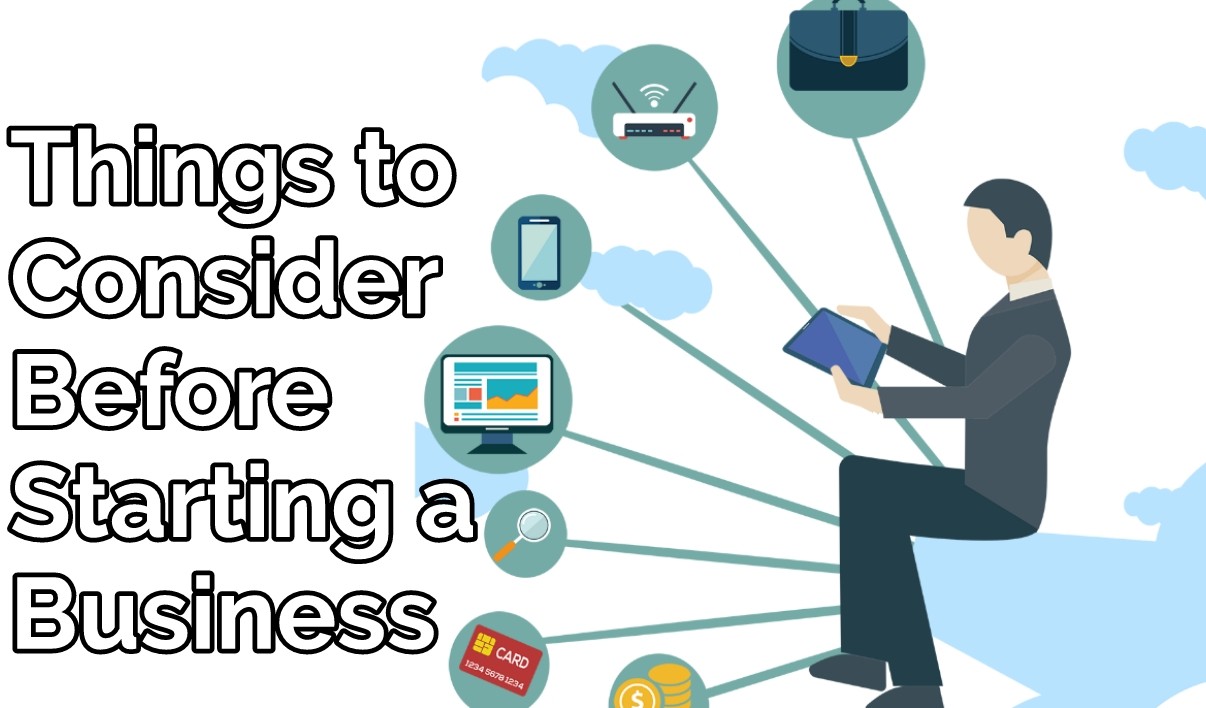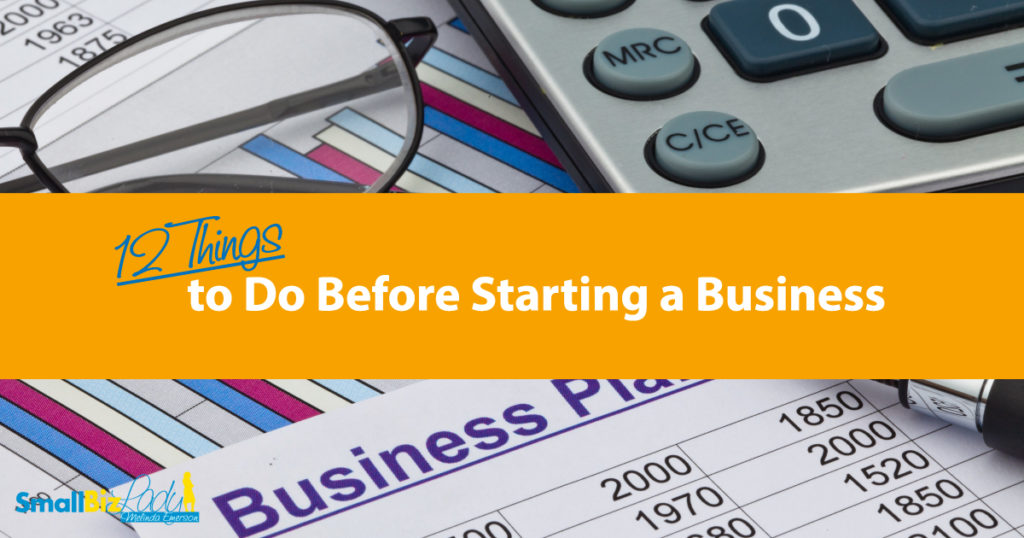Things To Do Before Starting A Business

Imagine this: the scent of freshly brewed coffee fills the air, sunlight streams through the window, and you're perched at your desk, finally ready to launch that business you've been dreaming about. But before you dive headfirst into the exhilarating world of entrepreneurship, pause. Taking a few strategic steps beforehand can make all the difference between thriving and merely surviving.
This article outlines essential preparations to ensure your venture starts on solid ground. From rigorous market research to securing adequate funding, we'll explore key aspects to consider before officially opening your doors. Think of it as your pre-launch checklist for business success.
Understanding Your Market and Niche
First and foremost, dive deep into market research. Don't just assume there's a demand for your product or service; prove it.
Analyze your potential customer base: Who are they? What are their needs? What are they currently doing to address those needs?
The Small Business Administration (SBA) offers a wealth of resources to help you conduct thorough market research, including industry reports and demographic data.
Identifying Your Competition
Knowing your competition is equally vital. Who are your direct and indirect competitors?
What are their strengths and weaknesses? How can you differentiate yourself and offer something unique or better?
Creating a competitive analysis chart can help you visualize the landscape and identify opportunities.
Crafting a Solid Business Plan
A well-structured business plan is your roadmap to success. It's not just a document for securing funding; it's a living guide that helps you stay focused and on track.
Your business plan should include an executive summary, company description, market analysis, product or service description, marketing and sales strategy, management team overview, and financial projections.
Consider using business plan templates or seeking guidance from a mentor or business advisor to ensure you cover all the necessary elements.
Securing Funding
Determine your startup costs and ongoing expenses. How much capital do you need to launch and sustain your business until it becomes profitable?
Explore various funding options, such as personal savings, loans from banks or credit unions, grants, crowdfunding, or angel investors.
The U.S. Department of Commerce offers information and resources on different funding opportunities for small businesses.
Legal and Regulatory Compliance
Ensure you understand and comply with all relevant legal and regulatory requirements. This includes choosing the right business structure (sole proprietorship, LLC, corporation, etc.) and obtaining the necessary licenses and permits.
Consult with an attorney or business advisor to ensure you're in compliance with federal, state, and local laws.
Ignoring these aspects can lead to costly fines and legal issues down the road.
Protecting Your Intellectual Property
If you have unique inventions, designs, or brand names, consider protecting them with patents, trademarks, or copyrights. Intellectual property is a valuable asset and should be safeguarded.
The U.S. Patent and Trademark Office (USPTO) provides information and resources on how to protect your intellectual property rights.
Building Your Network
Don't underestimate the power of networking. Surround yourself with mentors, advisors, and other entrepreneurs who can provide guidance and support.
Attend industry events, join online communities, and actively seek out opportunities to connect with like-minded individuals.
A strong network can provide invaluable advice, referrals, and potential partnerships.
Starting a business is a marathon, not a sprint. By taking the time to thoroughly prepare, you increase your chances of not just starting strong, but also sustaining long-term success.
So, take a deep breath, complete your checklist, and get ready to embark on your entrepreneurial journey with confidence. The world is waiting for your vision.


















